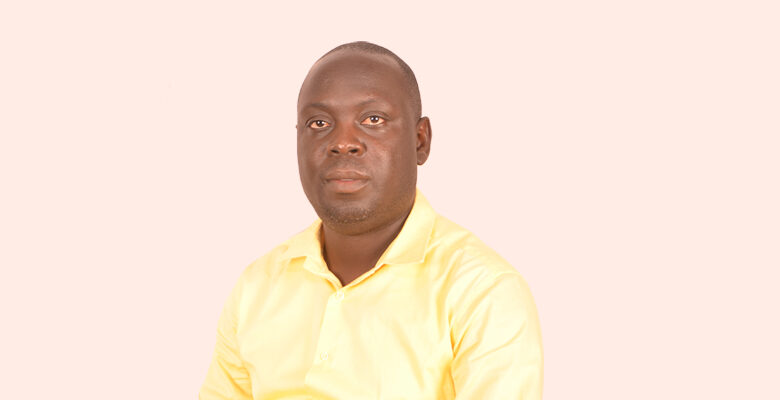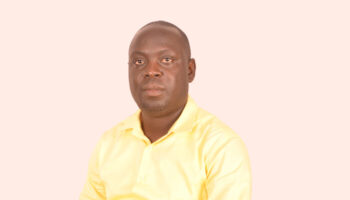By Faruk Kirunda
Are we witnessing the definitive restoration of cordial relations between Uganda and Rwanda nearly three years since the shutdown of the common border at Katuna? In keeping with optimism and faith in the supremacy of the spirit of Pan-Africanism and Ubuntu, I believe that we are headed for happier times.
In last year’s elections, culminating from campaigns that started the previous year, President Museveni’s Seniority, Maturity and Experience was a big time selling point to assure Ugandans that he has what it takes to continue according them trusted leadership and “securing their future.” To his supporters, it made a lot of sense; his opponents doubted.
What is happening on the South Western axis with the reopening of the border proves that Ugandans made the best decision when they entrusted Museveni with their mandate. Few leaders in Sub-Saharan Africa would demonstrate the kind of poise and restraint which Museveni has exhibited amidst great controversy and aggravation. There were diverse ideas from different sources on how to approach the matter. He chose and stood by the diplomatic and “Pan-Africanist” one.

If there is anybody doing Pan-Africansim proud in our times it is Museveni. Looking at how he has taken the seemingly long route, avoiding reactionarism and fanaticism in trying to prove a point, one can’t fail to see this. While some claim that there is a fight for regional dominance, Museveni stands for dominance of the East African region through multilevel cooperation (read “Integration”) as a means to empower Africans living in this part of the world in more ways than one.
You cannot be talking “Integration” and then create artificial bottlenecks around areas of common interest. That’s Museveni’s position in thought and act. Even where there are disagreements, there are areas which must not be tampered with because it is the ordinary citizen that suffers most. Whatever the issue, whether elections or in case of unavoidable conflict, even protests and industrial action, the lives, property and opportunities of the ordinary person and their rights, should always be safeguarded. That is Museveni’s philosophy in whatever he does; interests of the common person, first!
Museveni is very calculative, but is also gifted with unique foresight. I know that while everyone else was agitated and readying for an escalation of sorts at each stage, he knew where everything would end. It was not necessary to try and extract cooperation from the other side because he knew what everyone stood to lose. Uganda was losing, people were suffering, the situation was looking bad and shameful; but he had no control of the situation, preferring to buy time so that minds would mature. Throughout this time, his public statements, if any, on the matter, and in his media interviews, he kept a respectful stance, always giving benefit to dialogue and humane options to resolving the differences.
As always, he was looking at the bigger picture. He can’t be an active extinguisher of instability all over the region on one hand and be an active inciter of the same on the other. He stands firmly for the policy of non-aggression and cultivation of harmonious relations with neighbours.
Uganda’s relations with all her neighbours-South Sudan, Kenya, DRC, Tanzania are perfect testimony of this ideal. What happened with Rwanda was only a test of the credentials of our leadership. We ought to emerge wiser!
Three years have been lost, dealing a heavy blow to trade and people-to-people relations. The cost of the border blockade in real terms at both ends is in trillions. The disruption in the lives of the people who were used to living in one country and working in the other on a regular basis cannot be priced. Our sister countries have both lost, the regional has taken a step back. We should work together to recover lost ground and cover up this shameful and regrettable chapter.

I thank our media for maintaining sobriety and exercising responsibility in how they covered the aftermath of the border closure. There was a lot of misinformed and ill-intentioned coverage from unregulated media that risked jeopardising discussions, but regular media kept moderate. I am aware that there were express in-house directives stopping unauthorised persons from commenting on the matters to avoid feeding into an already tense situation. However, this did not stop social media from carrying on with negative narratives but which did not affect the general direction in which Museveni guided the agenda.
Now that normalcy is at hand, all stakeholders should concentrate on development-oriented and bridge-building engagements. Sensationalism and rumourmongering have not helped; it’s strategic engagement that has brought us thus far.
Appreciation goes to the emissaries who have been shuttling all over trying to secure an understanding, and Lt. Gen. Muhoozi Kainerugaba for taking the initiative to meet with President Kagame in a move that added a lot of substance to the negotiations.
Credit also goes to the Rwandan leadership for reconsidering its position on outstanding issues and inclining towards the side of Pan-Africanism. The Great Lakes region is very delicate. There are many forces at play in and around it. We must be conscious not to arm them to our collective detriment.
The author is the Deputy Presidential Press Secretary








